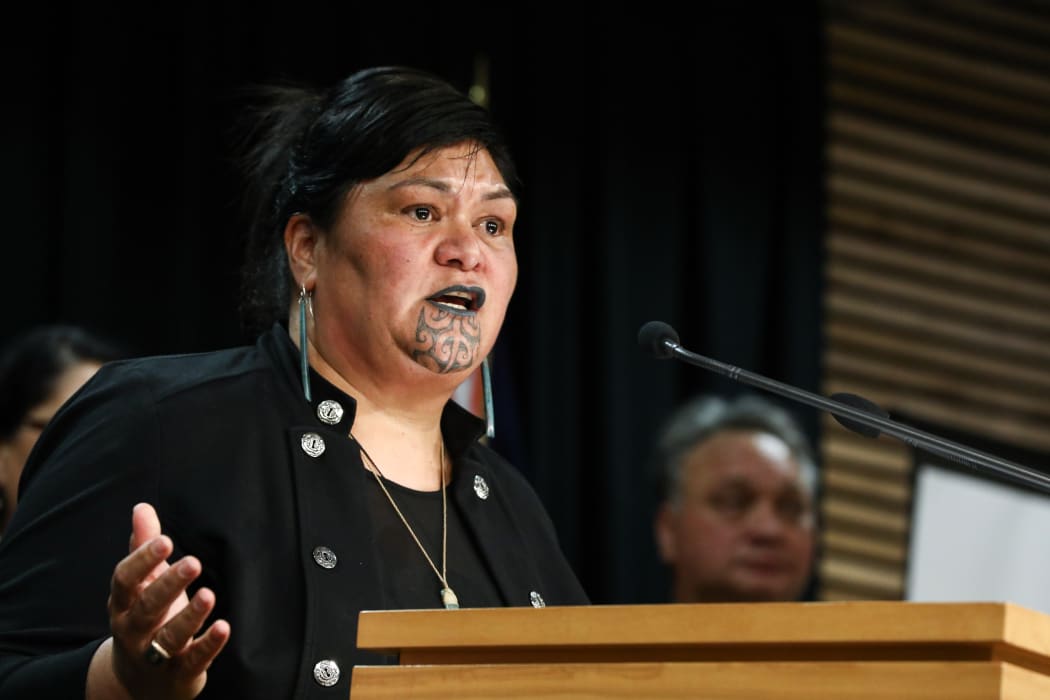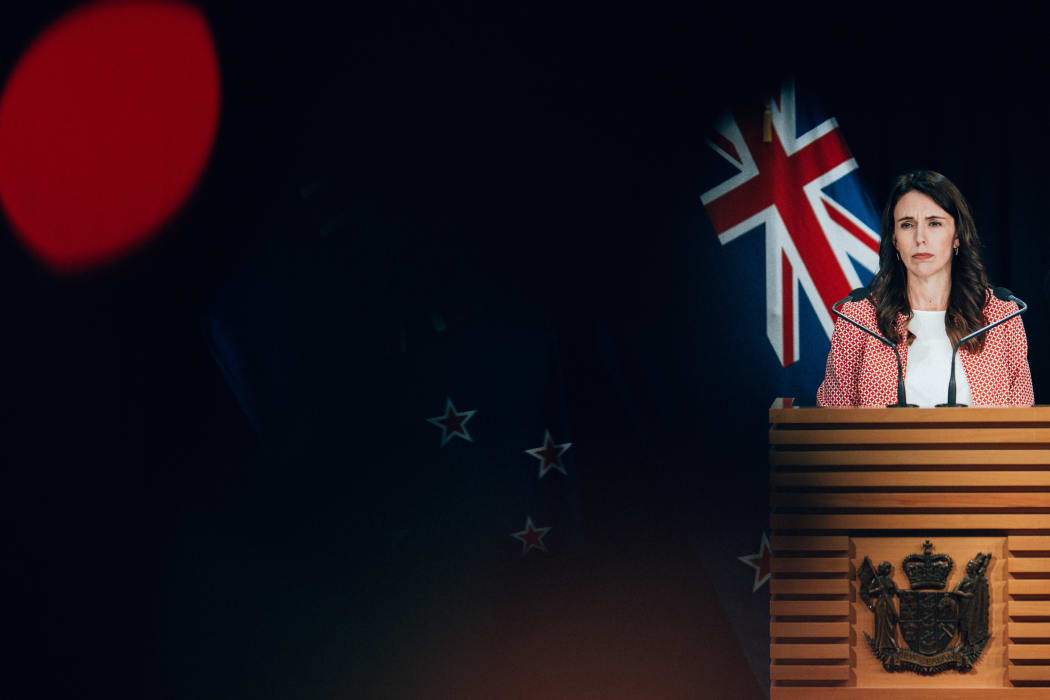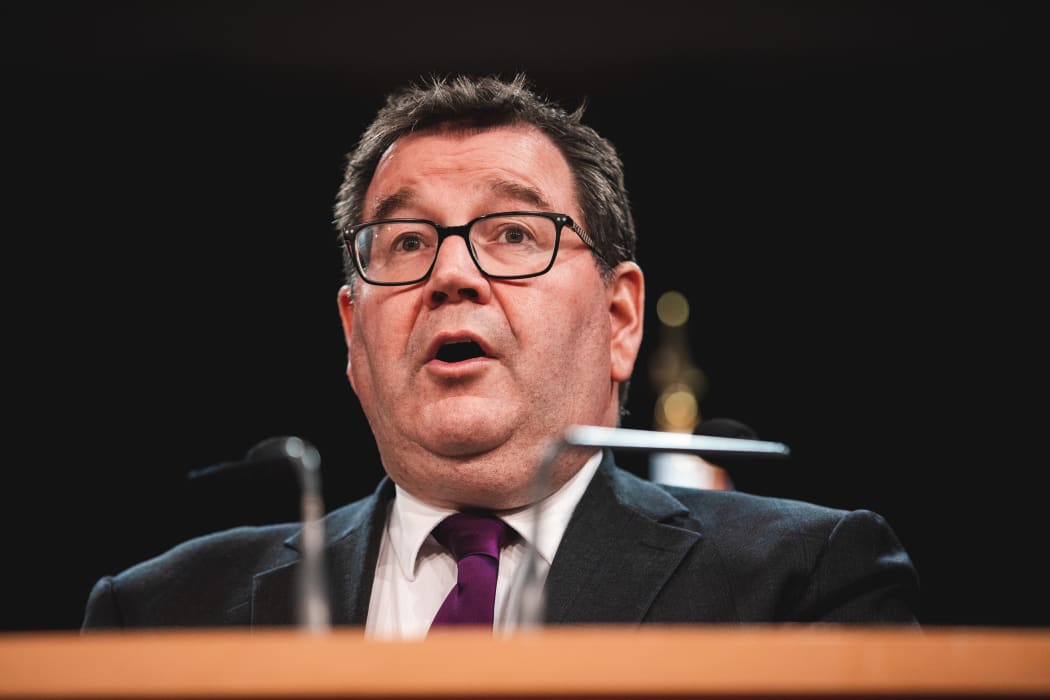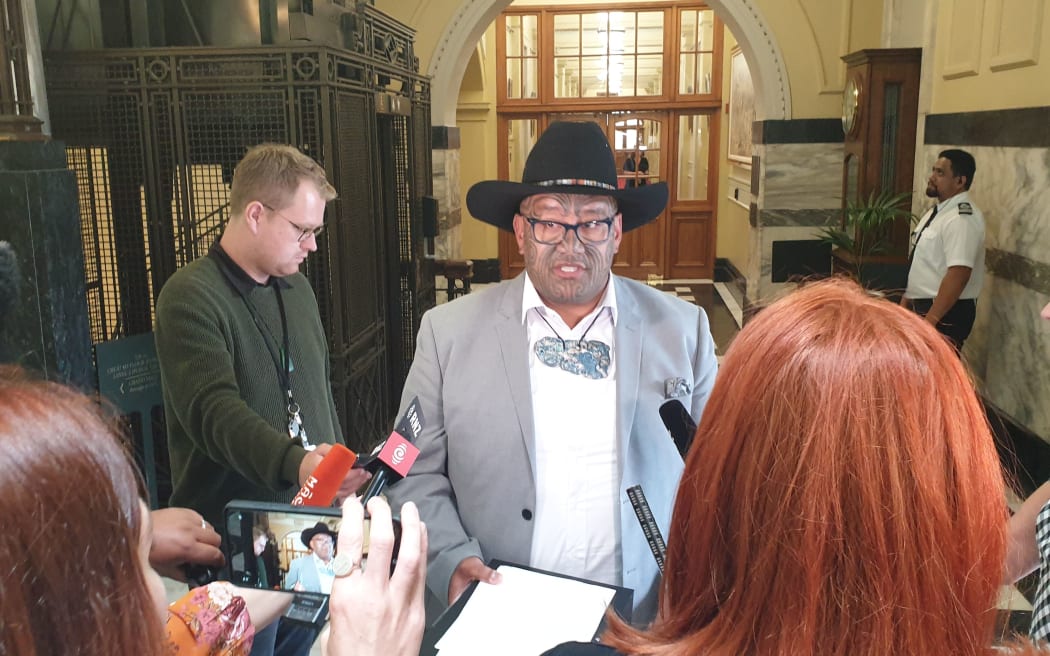Prime Minister Jacinda Ardern has confirmed the Foreign Minister has made fundamental changes to New Zealand's relationship with Myanmar after the country's military coup.
Speaking at a post-Cabinet conference, Ardern said Foreign Minister Nanaia Mahuta had announced fundamental changes to New Zealand's relationship with Myanmar in the wake of the country's military coup.
"New Zealand is suspending all high-level political and military contact with Myanmar," Ardern said.
Mahuta had also directed for New Zealand's aid programme to Myanmar that it should not include projects that are delivered with or benefit to the military government, Ardern said.
"Keeping in mind, it's not an insignificant aid programme in Myanmar, $42 million from 2018 through to 2021, so you would just want to make sure that was managed in an appropriate way by MFAT staff."
Ardern said the aid programme had previously benefited union movements, agriculture, and education institutions.
Ardern said New Zealand would be cautious about entering into further aid programmes in Myanmar from here on. They would continue to make sure the aid programme supported humanitarian efforts and people on the ground.

Foreign Affairs Minister Nanaia Mahuta Photo: ©VNP / Phil Smith
In a written statement, Mahuta said the government had also agreed to implement a travel ban, to be formalised in the coming week, on Myanmar's military leaders.
"Along with our partners in the international community, New Zealand is closely monitoring the situation in Myanmar. We welcome the statements of the G7 and the United Nations Security Council condemning the military's seizure of power," Mahuta said.
Ardern said New Zealand had joined other countries calling for the UN Human Rights Council to hold a special session aton Myanmar to raise concerns about the military coup and the impacts on human rights.
"I think every New Zealander would be devastated after years of working so hard to build a democracy in Myanmar to see what we've seen in recent days unfold by the military," Ardern said.
"Our strong message is we will do what we can from here in New Zealand."
She said all seconded MFAT staff from New Zealand had come out of Myanmar at the beginning of the Covid-19 outbreak, but there were still some "in-country staff".
"It may seem New Zealand's position on this may not seem particularly relevant, one of the last occasions when I had the opportunity to meet and talk with Aung San Suu Kyi, she specifically mentioned some of our representatives from New Zealand in Myanmar. They were well-regarded and well-respected and I think it played a really constructive role in that critical time for Myanmar and their transition."

Prime Minister Jacinda Ardern Photo: RNZ / Dom Thomas
Eyes on the Budget
Treasury numbers released today show net debt is forecast to reduce to 36.5 percent of GDP by 2034-35. Ardern said that was a significant reduction on what expected in projections prior to the election.
Ardern said the better-than-expected economic recovery and strong fiscal position meant the government in the coming Budget could move on to addressing challenges like housing, climate change and child poverty.
"Accordingly, Budget 2021 will target areas and people that need it most," she said.
"Two things have happened in the last year which has put us in this position: the first is New Zealanders working hard and making personal sacrifices during a hugely challenging 2020. The second was timely targeted investment to keep New Zealanders in jobs and Kiwi businesses operating.
"We made a very clear decision not to adopt austere measures that were promoted by other political parties and it is our view that investment is paying off."
Finance Minister Grant Robertson said a strong fiscal position heading into Covid-19 allowed the government to move quickly to protect New Zealanders' lives and livelihoods.

Photo: RNZ / Samuel Rillstone
"The significant resources we've put into the recovery and rebuild will be supplemented by further investments over coming budgets. Quite clearly though, we need to strike a balance by rebuilding and maintaining a strong fiscal position."
Assessments will be made as to whether money could be re-targeted or re-prioritised where it has not already been used, he said.
"This includes rigorously reassessing all the spending that was provided for in the Covid Response and Recovery Fund."
Robertson said he asked other ministers and agencies to report to him about how programmes are tracking and how money has been spent to feed into Budget decisions that will be made later on in the year.
Ardern said the wage subsidy scheme helped drop the unemployment rate.
"We are indeed in a unique, privileged position. This was not luck, it was management of a crisis by means that were both prudent but we also called on the collective. It was the team of five million's willingness to work together."
"Now it's more important than ever that we double down on efforts to get people into work and to train people, the workforce, to fill the skills gap and prepare for the future, including our goal of a carbon neutral economy."
"We remain committed to maintaining a strong resilient economy while leaving our people and environment better off."
Budget spending decisions would be underpinned by the government's well-being approach, she said.
Political ties
Ardern spoke today on the first sitting day of the year. Members of Parliament have been meeting in their Select Committees for a couple of weeks already, but today marked the first time MPs would return to the debating chamber in the House of Representatives.
Today's session has already proved dramatic with the National Party failing to move a motion of no confidence in House Speaker Trevor Mallard, and Māori Party co-leader Rawiri Waititi ejected from Parliament for refusing to wear a tie.

Rawiri Waititi speaks to media after being kicked out of the house by Speaker Trevor Mallard for not wearing a tie in the House. Photo: RNZ / Katie Scotcher
Ardern said she saw the National Party's attempt to move a motion of no confidence in the Speaker as a highly political move.
On Waititi's ejection, she believed most New Zealanders did not care about whether or not people were wearing a tie, and Parliament had bigger issues to discuss.
"My view is that whether or not people wear ties in the debating chamber I have no objection to, it's not something I have a particularly strong opinion on. What I do have an opinion on is I don't think it's a particularly good use of Parliament's time to engage in lengthy debate on something that I think most New Zealanders aren't particularly bothered by."
She said her understanding was that they were not asked for a party position on the issue of wearing ties.
"I'm sure this can be resolved, I don't think most New Zealanders care about ties, they care about housing, they care about jobs, they care about us talking about things that matter."

